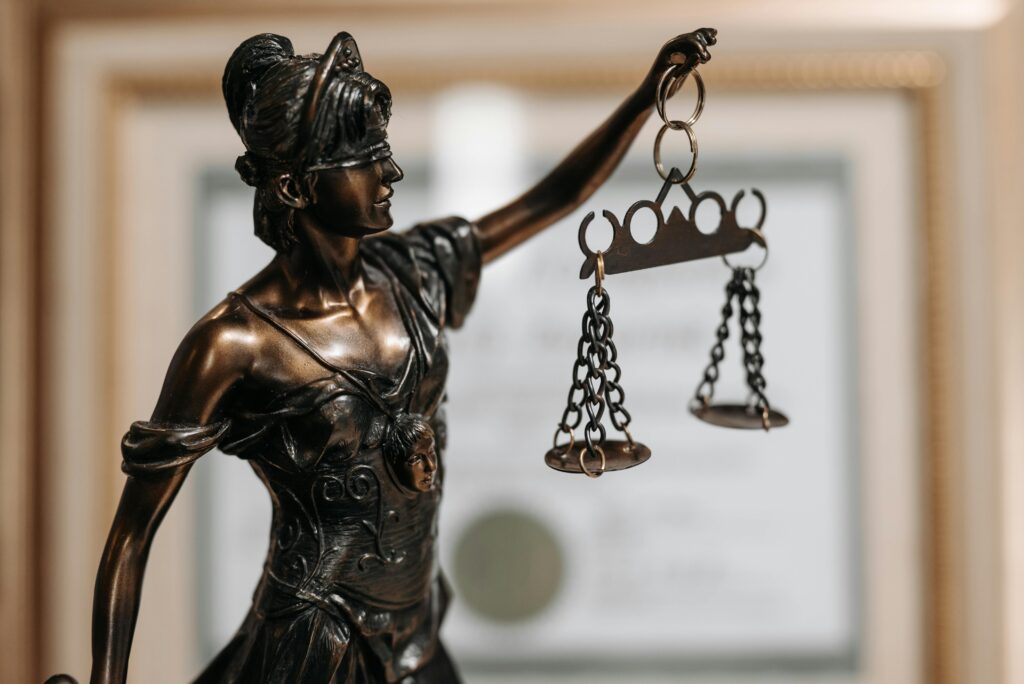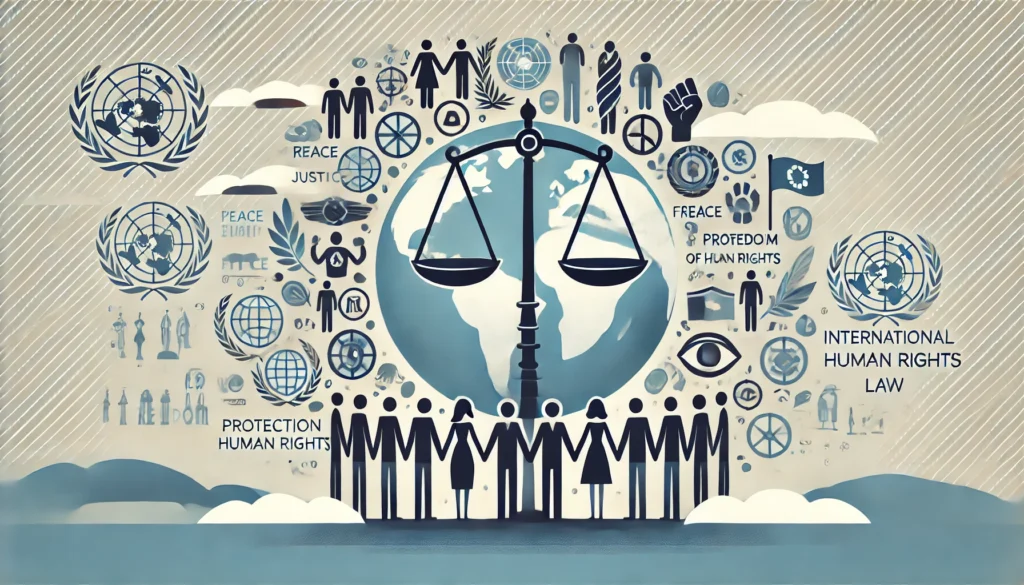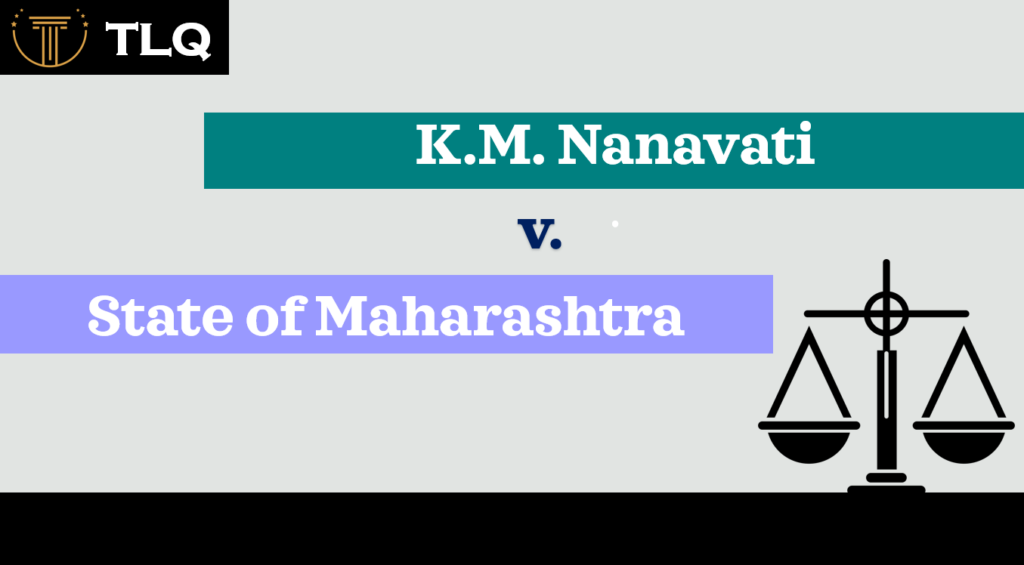Published On: 14th February, 2025
Authored by: Yamini J K
Symbiosis Law School, Hyderabad
INTRODUCTION
The case of Bhim Singh v. State of Jammu and Kashmir case enlightens obscurity on the subject of constitutional rights infringement and unjustified detention. False imprisonment can be a civil wrong as well as a crime and includes both ‘private’ custody and ‘public’ custody. As per section 340 of IPC, it describes the injustice confinement. In order to get a habeas corpus petition it will be sufficient in case of false detention concerning the police. The Constitution provides enough protection for the persons who have been arrested, yet the authorities violate such rights; in rare cases, even the magistrates are willing to do so. Judges O. Chinnapaa and V. Khalid presided over the bench that heard the case.
Bhim Singh was a writer, lawyer, activist, and politician. He served the party as its founder and has also been president of the Jammu and Kashmir National Panthers Party and the biggest contributor to the party. He was a member of parliament from 1977 up to the time he was elected.
On this occasion, the authorities were much annoyed with Bhim Singh, a member of the legislative assembly of Jammu and Kashmir. Thus agreeing that since the legislative assembly session for Jammu and Kashmir was due on the 11th of September, 1985 and this was the first day of the budget session, they were bent upon not allowing him to go. The assembly discharged Shri Bhim Singh. The said suspension was challenged in the high court of Jammu. He is arrested to be taken to the police station they have detained him unlawfully.
However, all his basic liberties were stripped from him since he failed to present himself before the magistrate as required within a 24-hour period. He had been barred from attending the session of legislative bodies. In this case, Article 21 and 22 (2) were infringed.
In accordance with Article 21, “Protection of Life and Personal Liberty: No person shall be deprived of his life or personal liberty without the procedural due process of law.
Under Article 22(2) it states that “Every person who is arrested and detained shall be taken before the nearest magistrate within 24 hours from the time of arrest, plus time taken in transit”. More specifically, one can note that Shri Bhim Singh’s rights were violated in this particular case.
Name Of The Judge: O. Chinnapa Reddy And V. Khalid –
Name Of The Court: Supreme Court Of India
Date Of The Decision: 22nd November 1985 – Citation: Air 1986 Sc 494
Plaintiff: Bhim Singh – Defendant: State Of Jammu & Kashmir
FACTS OF THE CASE
- At the police station Pacca in Jammu in September 1985, an FIR was filed against the petitioner, Bhim Singh, under section 153-A of the Indian Penal Code on the grounds that he had made inflammatory remarks at a public gathering near the parade ground in Jammu at 7:00 PM on that day.
- Due to his arrest, detention by the police, and subsequent suspension from the conference, he later received a suspension from the high court until September 9, 1985.
- Later, in response to a habeas corpus writ filed by his spouse, the Supreme Court ordered the IGP to tell Smt. Jayamala of Bhim Singh’s detention location.
- On September 16, 1985, Bhim Singh was granted bail and released. Following his release on bond, he produced an affidavit on September 20, 1985, in which he listed numerous details from this case that his wife, had mentioned.
- This incident prevented the aggrieved from casting his vote, which was a violation of his fundamental rights. At the same time, there was a voting session in the assembly hall where his vote was vital for the petition. But the candidate he wanted to support won. His right to vote was nonetheless violated.[1]
ISSUES RAISED-
- One of the issues raised is the petitioner is possibly liable for punitive damages.
- If the petitioner had a violation of his or her constitutional right by the detention.
- Concerning the procedural legal fairness of the arrest and detention as well as chances of unfair imprisonment.
ARGUMENTS
Petitioner
- The petitioner stated that the magistrate and the sub-judge did not see him when he was being held.
- He said that police officers were rude to him, while the doctor did not even check him.
- Also, there was a vote session at the assembly in the same era, but he could not vote because he had been abstained for a wrongful stay. Despite the best candidate he could vote for having won, his right to vote was violated and his vote could have a big impact.
Defendant
- Police Inspector-General. Thus, the superintendent of police in Anantnag, warrant number S.M. Shafi Qureshi, and M.A. Mir Shikari the petitioner was served by the police control room; number: 46AC/PSA/85,
- sent a notice of Shri M.A. Mir and Shri M.M. Khajuria on September 10, 1985, to produce the petitioner for arrest.
- After the arrest, the petitioner was taken to the district headquarters as was required and as provided with all the necessities.
- The officers were only required to decide if the petitioner had traveled safely in the Udhampur area.
- They also testified that on September 11 1985, the petitioner was produced before the court as the First Class Executive Magistrate signed a document to commit him to custody for two days under police escort.
- The remand was again continued for two more days when it expired and on 14th September, the Sub-Judge again provided judicial remand for one more day.
JUDGEMENT
The Supreme Court having thus listened to both parties and considered the facts of the case, the Supreme Court stated that the actions of the law enforcement officials were absolutely arbitrary; and that it was impossible not to wonder what may happen to other, weaker individuals if a member of the legislature can have her non-public right played in such outrageous manner.
The Supreme Court further said going ahead that “Police officials who are the law enforcers of the state should have the best reverence of private liberty of citizens and will not brandish the laws in such a way as to such weird acts of lawlessness.” Law enforcement ministries must not infringe on the civil liberties of people in any way possible.
To protect and kidnap is their duty. Subsequent to the Supreme Court decision in the Rudul Shah and Sebastian Hongray cases, Chinnappa Reddy J and Khalid J share the opinion that if a person approaches us with a grievance of arbitrary arrest, imprisonment with mala prohibita and violation of his constitutional and legal rights then the mischief, malice and invasion might not be removed or obliterated by freedom.
The petitioner got paid for this unfair violation of their rights by being charged exemplary fees and this was a clear violation of the fundamental rights as enshrined in the constitution of the nation. Apparently from the cases of Sebastian Hongray v. UOI and Rudul Shah v. In the case of the State of Bihar and Anr., it is submitted that in the event the Constitution makers provide for the protection of a person’s fundamental rights and the same are violated, the rulers should pay exemplary damages. To the petitioner, the respondent, the State of Jammu and Kashmir shall pay an amount of five thousand rupees within a period of two months from today’s date of the judgment. The number was introduced to be delivered to the Court’s Registrar, who in turn might pass it on to the petitioner
CASE ANALYSIS
Imprisonment is one of the most egregious violations of human rights that act performed wrongfully. First, the individual lost his constitutional right to attend an assembly session as well as his core constituent right of personal liberty. The case shows the problem of police illegitimate apprehensions: Despite being accused of a crime, a person remains a human being with certain rights.
Inmates also have human rights, liberty, freedom, and dignity are also part of the Constitution as stated in Articles 20 & 21. These rights cannot be restricted, suspended, limited, or done away with, not even in a state of an emergency. What prisons do prevent is that imprisonment does not give the authorities the right to ill-treat or punish people through torture. If a citizen is unjustly imprisoned, he or she, or a representative, can write a habeas corpus which will release the prisoner.
The case also focuses on constitutional rights with regard to the use of reasonable force in resisting false arrest. The force applied must exactly be balanced by the situation at hand. In the historical judgment of D.K.Basu versus the State of West Bengal and another Number of rights of the detained persons in the state of West Bengal including the right to be produced before a magistrate without being allowed to be detained without unnecessary delay and the right not to be detained without being brought before the court after 24 hours of detention.
That is the injustice rule known as Injuria sine damno – the violation of a legal right, where no injury or loss has been suffered by the plaintiff. What they did to the plaintiff was unlawful, and that is enough for an action of law without having to establish further loss. He claimed that his fundamental rights were infringed by unlawful detention and the defendant was convicted to pay Rs 50,000 under Section 9 as exemplary damages.
CONCLUSION
Therefore, the case of *Bhim Singh v. The case of State of Jammu and Kashmir* is a classic case in Indian constitutional and ‘rights jurisprudence. The Court also emphasized the protection of the rights of citizens especially the persons in police custody as gives noteworthy approval to the principles of due process in the Constitution Article 21. The Court has found that the unlawful detentions and the junior who did not present the petitioner before the magistrate as per the set timeframe, the Court said that his rights to liberty were infringed the National and the case created a precedent to ensure police authorities were held to account.
In addition, it helped me appreciate the fact that the judiciary has a constitutional mandate to guard the rights, especially when such rights are under threat by the states. Recognition and receipt of compensation by Bhim Singh was a major landmark in cases related to the extent of state liability for human rights abuse to the extent of achieving redress for unlawful state conduct. This case has since been largely instrumental in re-establishing the concept of free and equal persons and their rights against tyrannical self and/or community rule, equally necessary in business, be it an individual, partnership, association, corporation, or any other legal entity.
References
- https://www.clawlegal.org/editorial/bhim-singh-v-state-of-jammu-and-kashmir-air-1986-sc-494/
- Bhim Singh vs State of Jammu and Kashmir and Ors. (22.11.1985- SC) : MANU/SC/0064?1985
- https://indiankanoon.org/doc/655638/ and https://indiankanoon.org/doc/1199182/
- https://indiankanoon.org/doc/1670784/ and https://indiankanoon.org/doc/119266/
- https://indiankanoon.org/doc/1227505/
[1] Kunwar Bhim Singh v. State of Jammu and Kashmir, 1966 SCC OnLine J&K 42




